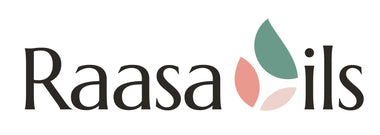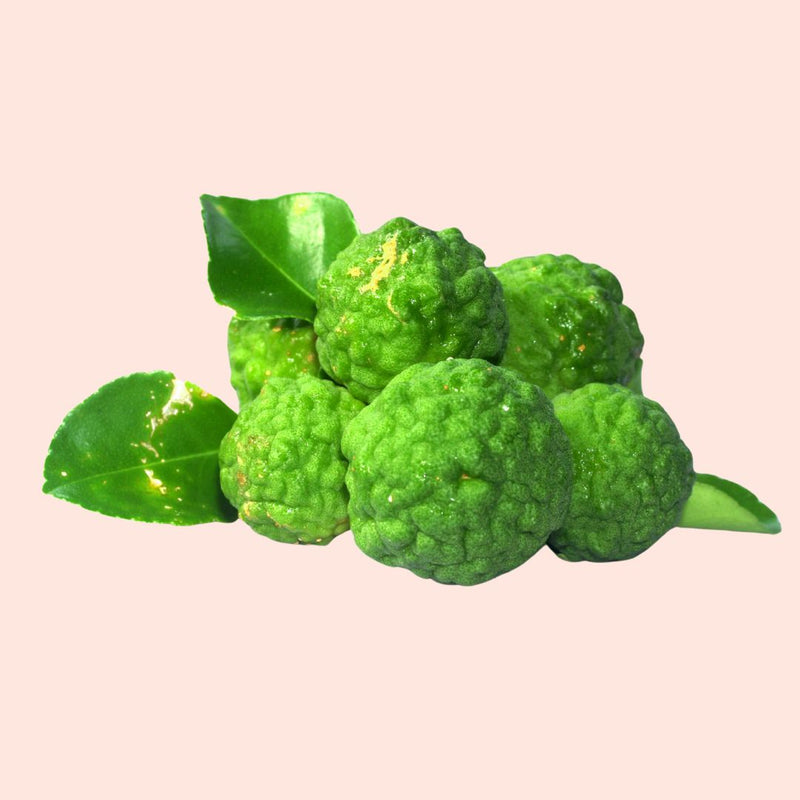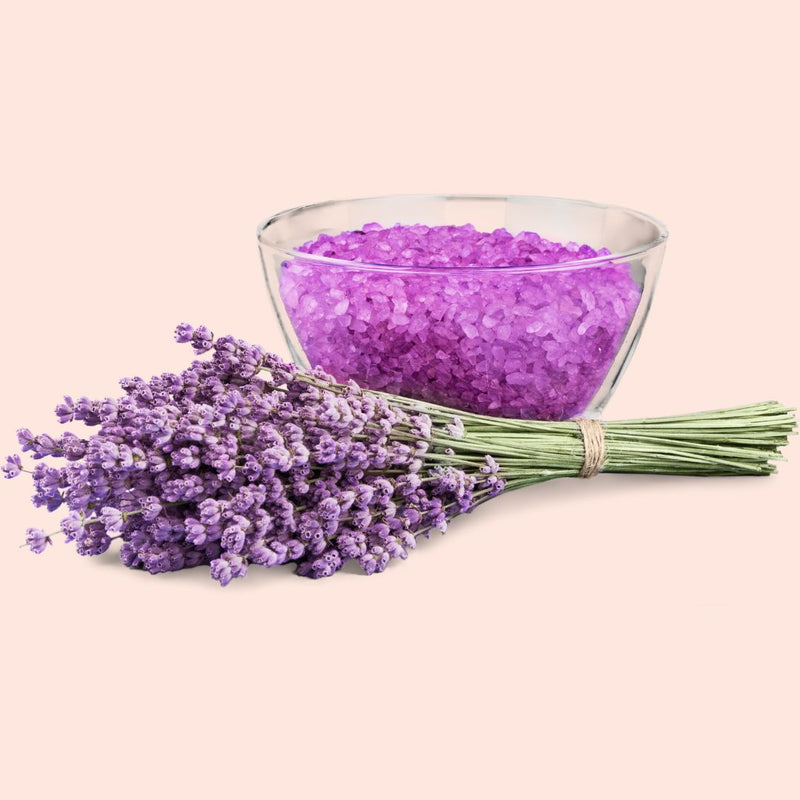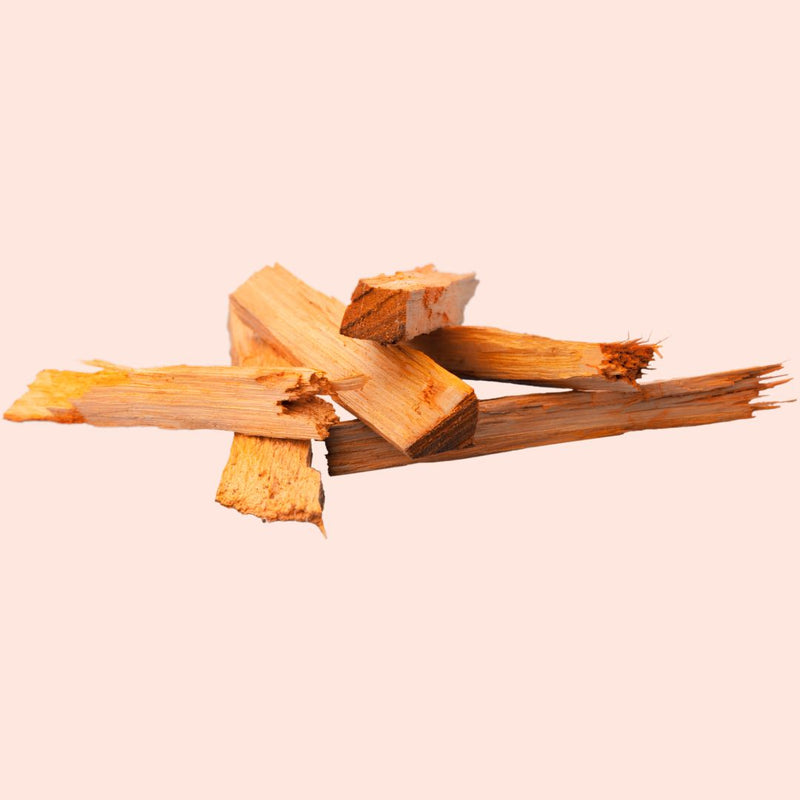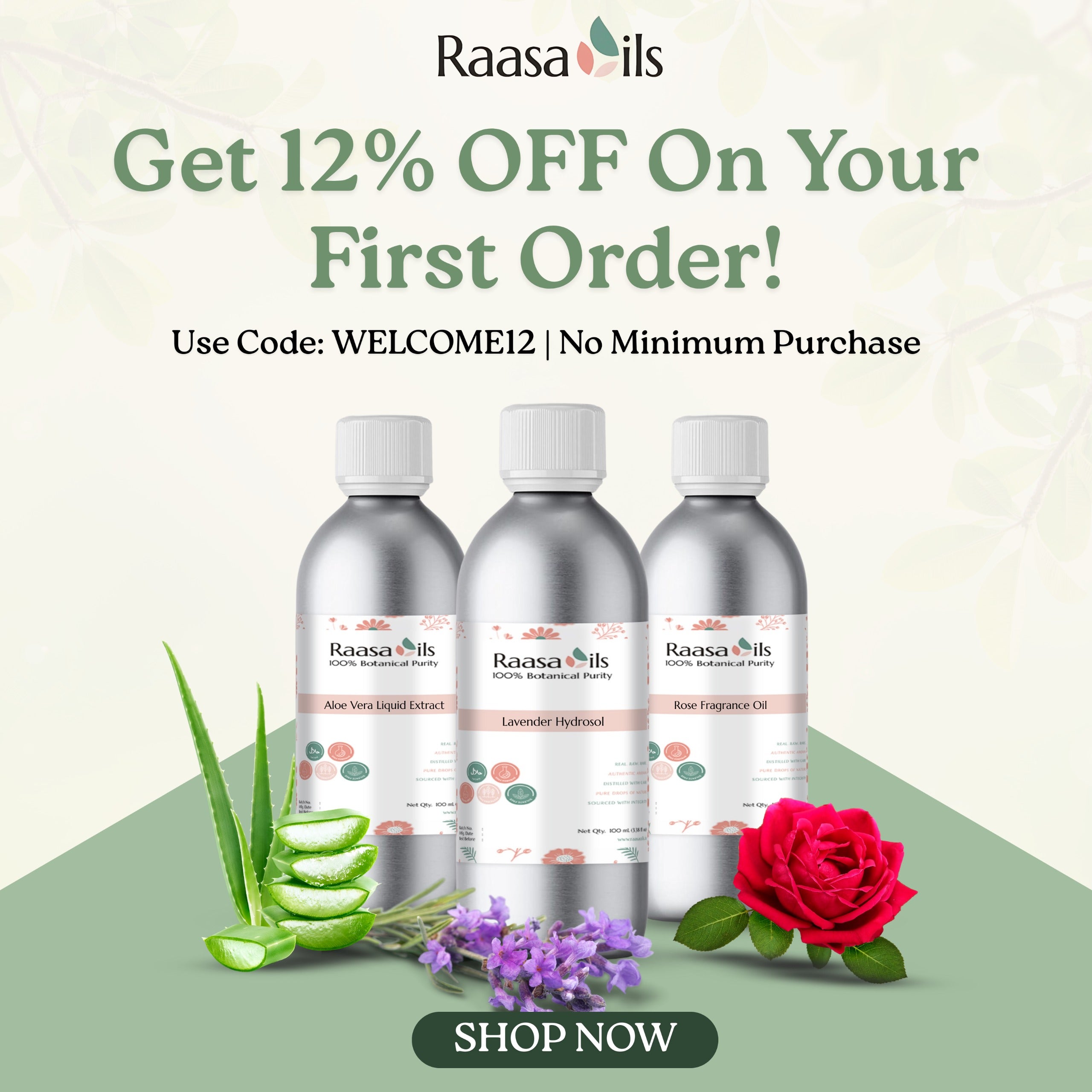Production of perfumes is an ancient art that combines both creativity and nature. Essentially, natural perfumery comes down to essential oils, which are extracted from flowers, woods, and herbs. Essential oils have a more personal smell than synthetic fragrances and can linger longer and last longer than synthetic fragrances. Every essential oil possesses top, middle, or bottom note qualities, and thus they are highly ideal to layer as well as create signature scents. Essential oils enable an infinite number of selections, whether you are trying to capture a floral essence, woody, spicy, or citrus. Additionally, they provide therapeutic effects such as relaxation, de-stress, and mood elevation.
List of Top 10 Essential Oils For Perfume Making
It is critical to make the selection of the appropriate essential oils in a bid to create a balanced and sensual aroma. Ten of the most popular essential oils that are frequently used in natural perfumery are listed below. Both these oils have the impressive aromatic signature that will add depth and character to your DIY perfumes as well as aromatherapeutic value.
1. Rose Essential Oil for Perfume Making
The very famous Rose essential oil adds an old-world, romantic, floral scent, which is suitable when used as either a heart or middle note in perfumes. It is highly feminine, luxurious, and in agreement with sandalwood, bergamot, and jasmine. Rose essential oil is reputed to be calming, warm, and heart-welcoming, and exudes grace and unexpected depth to a fragrance. It is a very popular choice in perfume making.
2. Sandalwood Essential Oil for Perfume Making
Sandalwood essential oil exudes a buttery, woody fragrance that has mild balsamic notes. It is an ideal base note, perfect to stabilize lighter scents and lengthen the perfume. Sandalwood essential oil is meditative and rooted, qualities that have placed it as one of the staples of both masculine and unisex fragrances. It blends beautifully with rose, patchouli, and frankincense for deep, elegant perfumes. Its calming aroma also supports emotional balance and stress relief.
3. Vanilla Essential Oil for Perfume Making
Vanilla essential oil (technically, an absolute) provides an aroma that is sweet, warm, and comforting. Vanilla essential oil is a common base note and can be combined with florals and spices, very lovely. It gives depth, personality, and warmth to any fragrance to make it warm and welcoming. Try pairing it with sandalwood or orange for a cozy, gourmand effect. Its soothing scent also helps ease anxiety and enhance feelings of comfort.
4. Vetiver Essential Oil for Perfume Making
Earthy and smoky with grounding and exotic notes, vetiver essential oil has the scent of sooty smoke. Due to its use as a base note, it makes a product have depth, and it serves as a fixative. It is perfect to make bold, sophisticated perfumes having either a woody or oriental style. It combines well with patchouli, cedarwood, and ylang ylang for a bold composition. Vetiver essential oil is also known for its grounding effect in aromatherapy.
5. Ylang Ylang Essential Oil for Perfume Making
The essential oil is highly flowery with some exotic and a bit fruity. It is a middle note and excellent in romantic and tropical perfumes. Its stimulant effects boost the mood and make them more sensual in perfume combinations. Blend it with jasmine or bergamot to elevate floral accords. Ylang ylang essential oil is also believed to have aphrodisiac properties, making it a luxurious addition to sensual blends.
6. Jasmine Essential Oil for Perfume Making
Jasmine essential oil gives off an exquisite, intoxicating floral scent, which is perfect for use as a central fragrance note. Its loving, warm scent heightens the appeal of feminine perfumes. It pairs perfectly with citrus and wood blended oils for a complete fragrance. A small amount can transform any blend into a luxurious floral scent. Jasmine essential oil is prized for its romantic quality and ability to uplift the senses.
7. Lavender Essential Oil for Perfume Making
Lavender essential oil has a fresh, clean floral scent with herbal undertones. Versatile as both a top and middle note, it works well in both masculine and feminine blends. It brings a calming effect and pairs well with cedarwood, bergamot, and lemon. Lavender essential oil is ideal for crafting refreshing daytime or summer perfumes. Its well-known relaxing qualities also make it a favorite in sleep and wellness blends.
8. Bergamot Essential Oil for Perfume Making
Bergamot essential oil is light, citrusy, and slightly floral, making it a perfect top note. It adds brightness and freshness to perfumes and blends seamlessly with lavender, jasmine, and sandalwood. It’s also known for its uplifting and stress-relieving qualities. Use it to open a blend with a cheerful, sparkling burst of aroma. Bergamot essential oil adds a lively, clean top layer that makes fragrances feel more vibrant and youthful.
9. Cedarwood Essential Oil for Perfume Making
Cedarwood essential oil has a dry, woody, and slightly smoky scent. As a base note, it imparts warmth and longevity to fragrances. It’s often used in masculine blends and complements florals and spices for a balanced composition. It anchors a fragrance beautifully when paired with bergamot or rose. Cedarwood essential oil also provides a relaxing effect and can help add a sense of depth to soft, floral-forward perfumes.
10. Neroli Essential Oil for Perfume Making
Neroli essential oil offers a sweet, honeyed citrus-floral aroma that’s both bright and calming. Typically used as a top or middle note, it adds a touch of elegance and freshness to any perfume blend. It pairs beautifully with lavender, rose, and. Its uplifting aroma makes it perfect for fresh, spring-inspired perfumes. Neroli essential oil is also treasured for its stress-relieving properties and ability to promote emotional well-being.
DIY Perfume with Essential Oils
Creating your own perfume at home is both fun and fulfilling. With a handful of essential oils and a few simple ingredients, you can customize your scent to suit your mood and personality.
Ingredients
- 10 ML Jojoba oil or fractionated coconut oil
- 6–8 Drops of base note essential oil (e.g., sandalwood, vetiver)
- 8–10 Drops of middle note essential oil (e.g., rose, jasmine)
- 4–6 Drops of top note essential oil (e.g., bergamot, neroli)
- A small roller bottle or perfume spray bottle
Directions
- Add the carrier oil to your perfume bottle.
- Add base note oils, followed by middle notes, then top notes.
- Shake gently to blend the oils.
- Let the perfume rest for 24–48 hours (or up to 6 weeks for stronger maturation).
- Apply to pulse points and enjoy your unique scent.
Frequently Asked Questions
Perfume-making with essential oils raises many questions, from choosing the right blends to ensuring lasting fragrance. Our FAQs address common concerns about selecting oils, mixing ratios, safety, and storage, helping beginners and experts craft personalized scents that are both aromatic and safe to wear daily.
Q1: Are perfumes made from essential oils?
Ans: Yes, many natural perfumes use essential oils as the main aromatic components. These oils are extracted from flowers, woods, herbs, and resins.
Q2: Can you use any essential oil for perfume making?
Ans: Not all essential oils are ideal for perfumery. Choose skin-safe oils with pleasant, lasting aromas and appropriate top, middle, or base note qualities.
Q3: Can you make your perfume with essential oils?
Ans: Absolutely. With a carrier oil, a variety of essential oils, and a good understanding of fragrance notes, anyone can create personalized natural perfumes.
Q4: Which essential oil is best for making perfume?
Ans: Rose, sandalwood, jasmine, and vanilla are among the top choices due to their rich, lasting scents and blending versatility.
Conclusion
Making your perfume with essential oils lets you express your personality through scent while avoiding harsh chemicals. These natural alternatives offer more than fragrance; they enhance well-being. Whether for personal use or as heartfelt gifts, DIY perfumes are a beautiful blend of art and aromatherapy.
DISCLAIMER
This information is for informational purposes only and not for medical advice, diagnosis, or treatment. Please always check with your healthcare advisor prior to taking essential oils internally or when using them for any other health condition.
